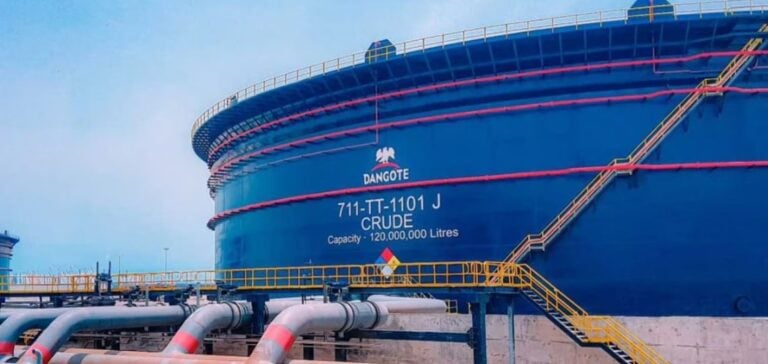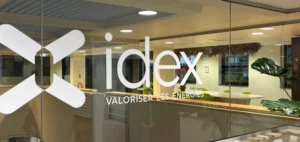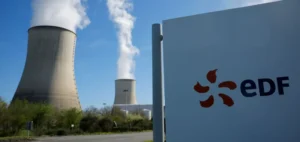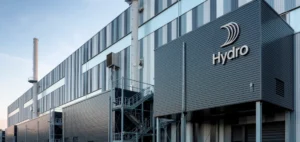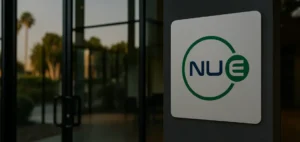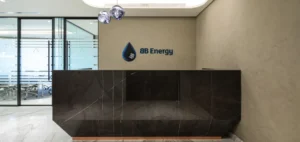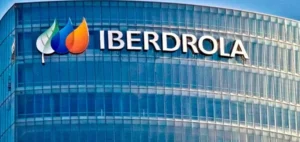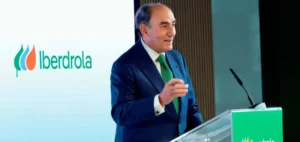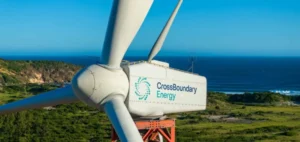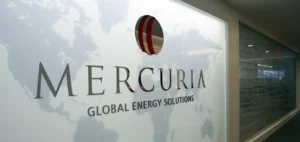Nigerian refining giant Dangote recently raised concerns about the impact of low-quality fuel imports on the growth of its domestic production. Although Nigeria introduced new fuel quality standards last October, limited control infrastructure has hindered their enforcement. In a statement, Dangote asserts that cheaper yet lower-quality imported fuel is undercutting local sales of its own high-quality gasoline.
Nigeria recently reduced the maximum allowed sulfur content in fuel to 50 parts per million (ppm), down from 150 ppm, in an effort to improve air quality and reduce health risks associated with pollution. The gradual reduction of the sulfur cap aligns with an initiative from the Economic Community of West African States (ECOWAS) to harmonize regional fuel standards. However, enforcement of this new standard is being limited by the lack of testing facilities in Nigeria, according to Aliko Dangote, CEO of the refinery.
Imports of Questionable Quality Fuel
Due to limited control capacity, high-sulfur fuel imports continue to enter the market, creating competition for Dangote’s refinery, which produces fuel meeting the new standards. Aliko Dangote specified during a meeting in Abuja on October 29 that the gasoline produced by his refinery complies with the 50 ppm threshold, with some lots reaching a level of 10 ppm. However, cheaper non-compliant imports have reduced demand for its gasoline.
The Dangote Group, which recently began gasoline production in September at its 650,000 barrels per day refinery, faces difficulties in moving its stock. The company has been forced to store about 500 million liters of gasoline due to insufficient local demand, Dangote stated in his release.
New Blending Centers and Questionable Trade Practices
Internal refinery sources have also reported that new trade routes and low-quality fuel blending hubs have emerged in places like Malta and Lomé. These centers allow international traders to produce lower-cost blends, further compromising the competitiveness of Nigerian-produced fuel. Dangote also revealed that a trader recently rented a depot near the refinery to blend lower-quality products, thereby reducing costs.
European players have taken a stricter stance by lowering sulfur content in their fuel exports to West Africa. The ports in the Amsterdam-Rotterdam-Antwerp hub have enforced a strict 50 ppm limit to combat the export of harmful fuels. However, Dangote points out that this has not prevented the development of new trade routes to blending points with less stringent regulations.
Toward a Protectionist Policy for Nigeria’s Oil Sector?
Dangote is advocating for a protectionist policy to support local companies in the oil sector. According to the group, the Nigerian government should consider measures similar to import tariffs applied in the United States and Europe on certain products to protect domestic industries and strengthen the country’s energy independence. Dangote’s refinery, inaugurated in January 2024 with a $20 billion investment, is an ambitious attempt to reduce Nigeria’s dependence on fuel imports.
Uncertain Pricing Framework with NNPC
Another challenge facing the refinery is the issue of crude oil pricing. Since October, Dangote and the Nigerian National Petroleum Corporation (NNPC), Nigeria’s state oil company and a 7.2% shareholder in the refinery, agreed to transact in Naira for crude purchases and finished products, aiming to mitigate currency fluctuation risks. However, the lack of an agreed pricing formula makes it difficult to set sales prices for Dangote’s products.
Without an agreement on the exchange rate, the six crude oil shipments delivered by NNPC to the refinery in October remain unbilled, according to a company source. Dangote has nevertheless indicated that its gasoline is being offered at 990 Naira per liter, a price benchmarked against international markets and aligned with the NNPC’s offerings to local retailers.
The Dangote Group thus seeks to draw the attention of authorities and sector stakeholders to the importance of stricter regulations and policy support for the development of its refining initiative, a cornerstone of Nigeria’s energy self-sufficiency goals.


